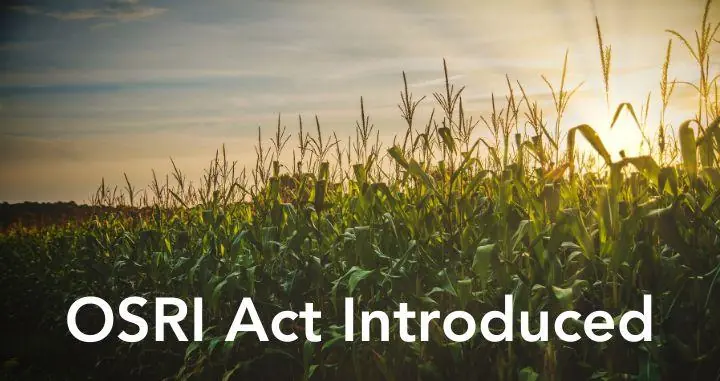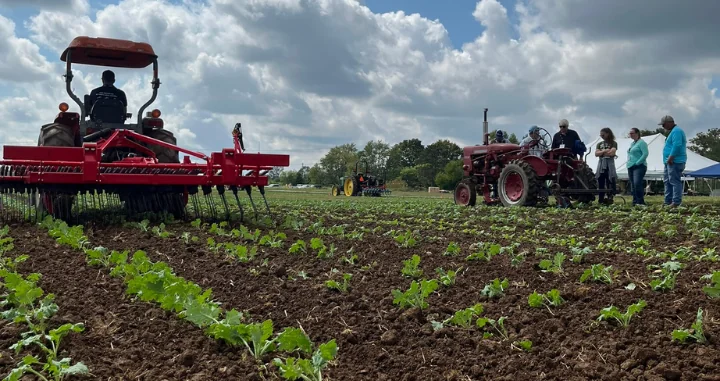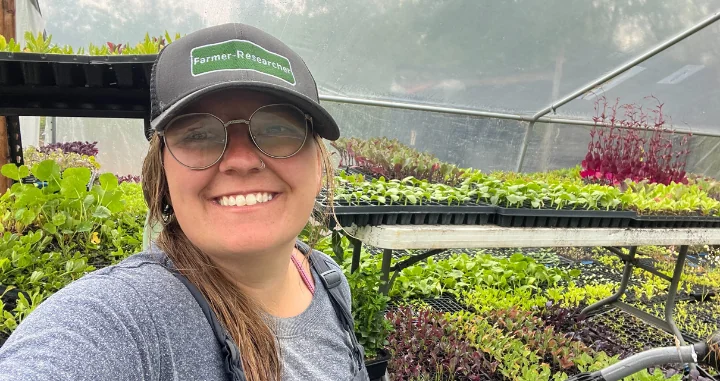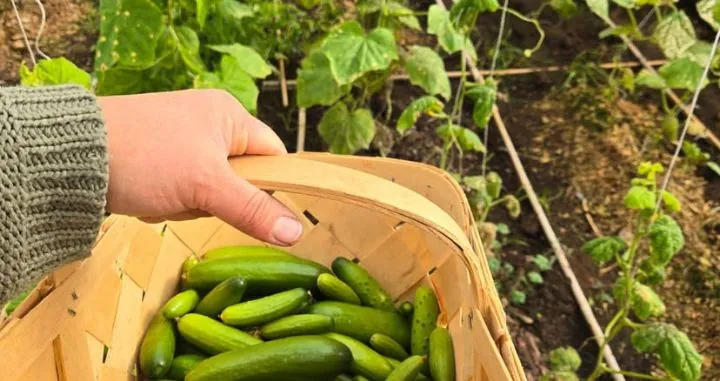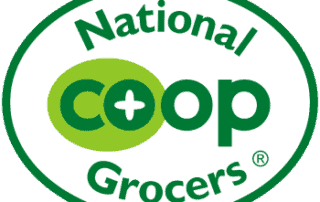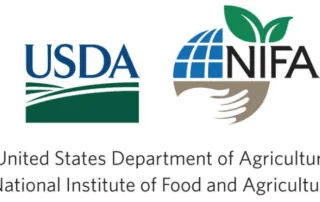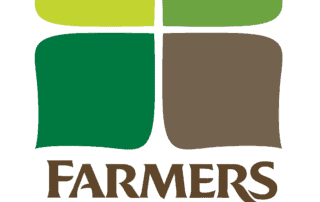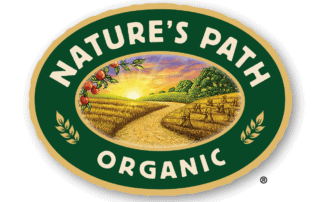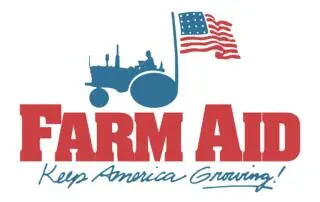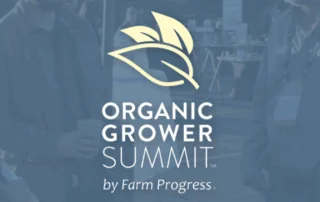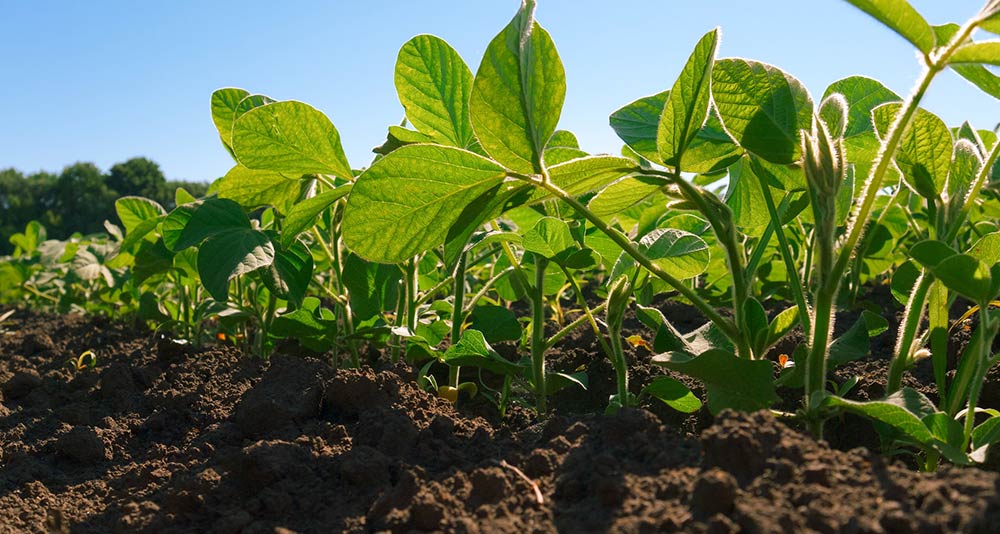Organic Farming Research Foundation works to foster the improvement and widespread adoption of organic farming systems. OFRF cultivates organic research, education, and federal policies that bring more farmers and acreage into organic production.
OFRF NEWS
The Organic Science and Research Investment Act: What It Is and How It Benefits All Farmers
Developed with OFRF’s leadership, the bipartisan Organic Science and Research Investment (OSRI) Act—introduced by Reps. Mike Lawler (R-NY-17) and Eugene Vindman (D-VA-07)—expands USDA funding for organic research that benefits all farmers and strengthens the future of American agriculture.
Addressing Challenges Farmers Face in the Great Lakes
Organic farmers face unique challenges in every part of the country. In this article, we look at challenges faced by organic farmers in the Great Lakes, and dive into resources available on the Organic Research Hub that could help farmers address them.
OFRF Announces Applications Opening for 2026 Farmer-Led Trials Program
The Organic Farming Research Foundation is excited to announce that applications are open for the next cohort of organic farmers who will be leading on-farm research trials with OFRF technical assistance in 2026.
The Government Shutdown: What it Means for Organic Farming and Research
In the midst of a government shutdown, with no clear end in sight, organic farming and research is taking a hit. A complete freeze in all federal work directly affects the nation’s programming at USDA, especially for organic producers and the agricultural research they depend on. This month’s Policy Corner breaks it down.
Two Years of Farmer-Led Trials
As we wrap up the second cohort of Farmer-Led Trials, and prepare to open applications for the third season, OFRF’s Research & Education Program Manager, Mary Hathaway reflects on the lessons, challenges, and highlights of supporting farmers in conducting their own research trials.
The Story Behind HEAL: Collective Power for Food System Change
HEAL Food Alliance is a multi-sector, multi-racial coalition dedicated to transforming food and farm systems through policy, education, and grassroots support. OFRF joined HEAL for a “Lunch and Learn” event recently, aimed at building stronger connections between our organization and others working in the food and agriculture sectors. We were inspired by the powerful work that HEAL is doing. Here are our takeaways.



